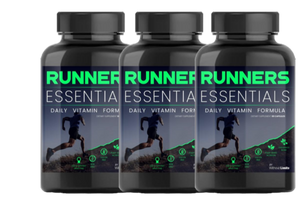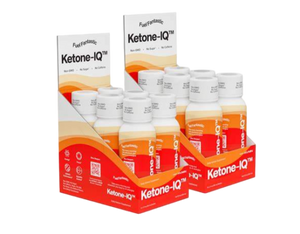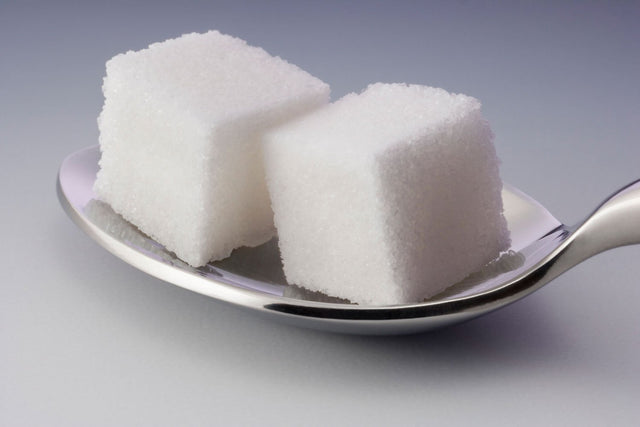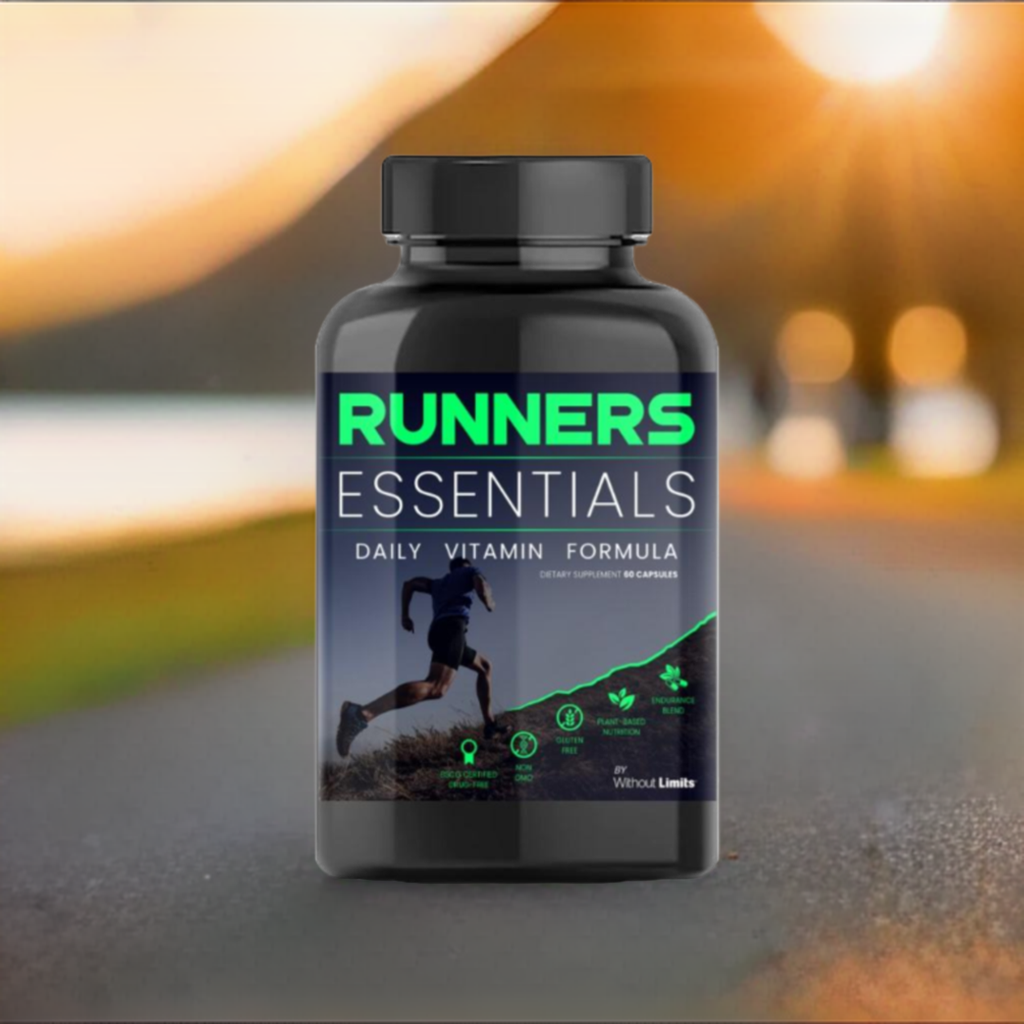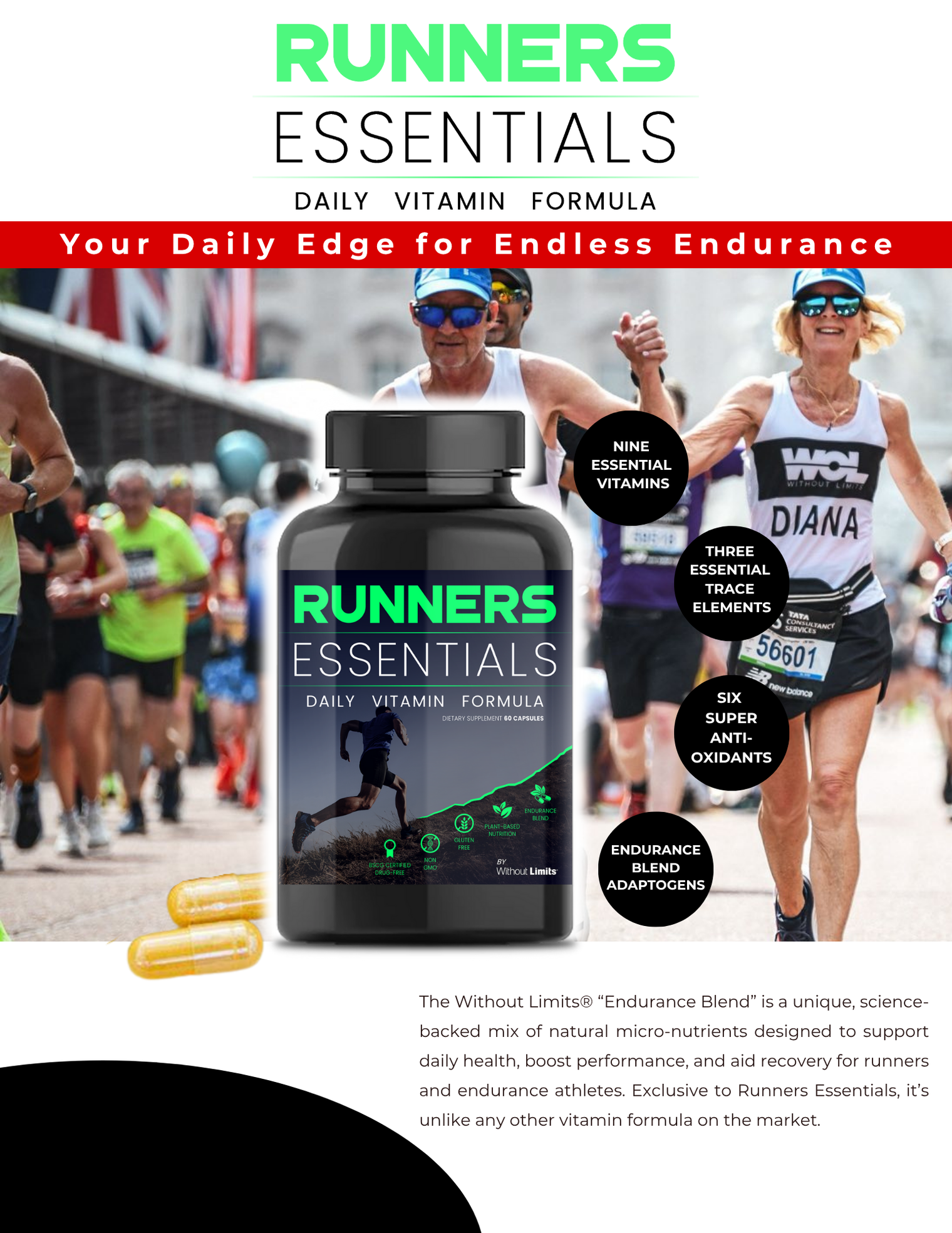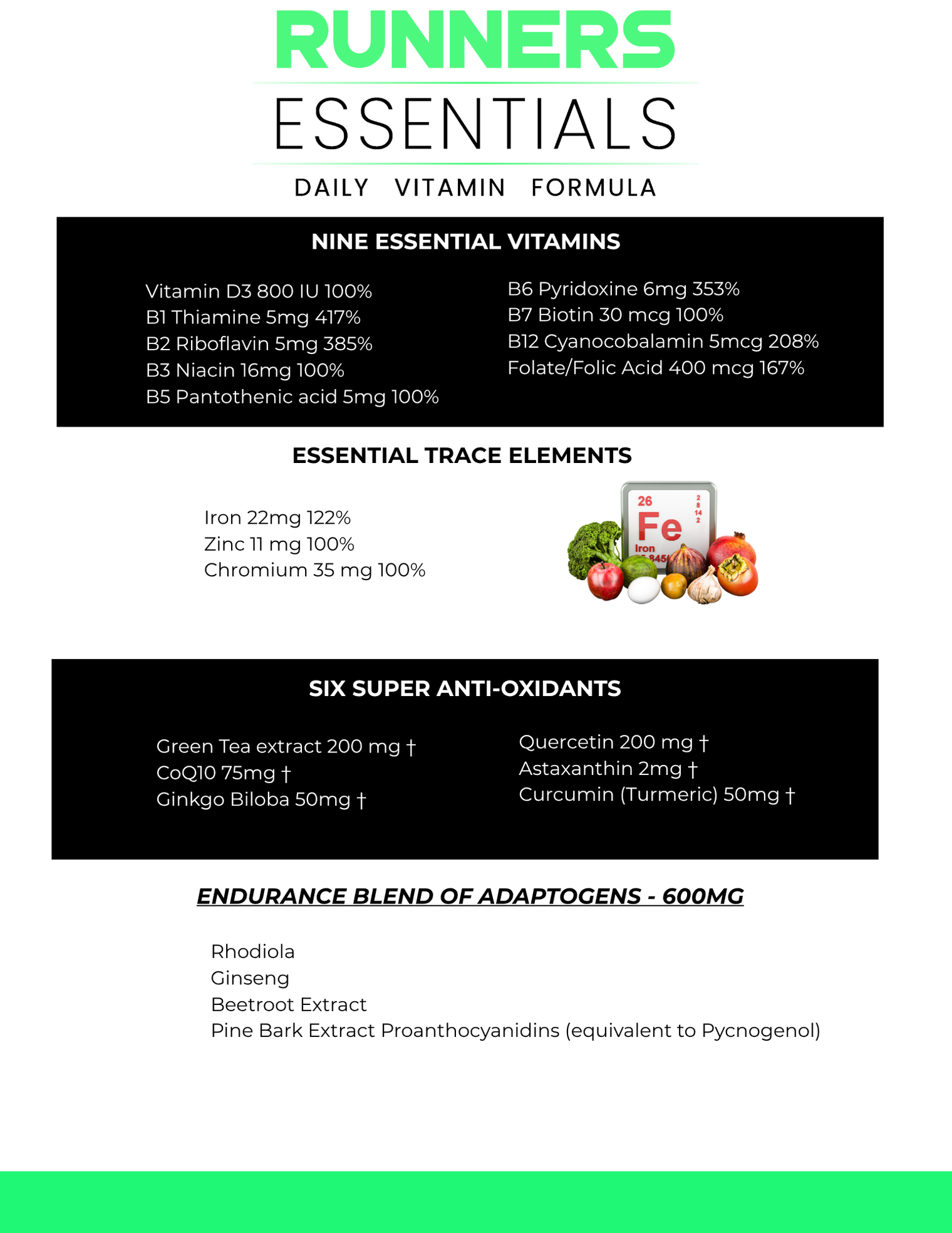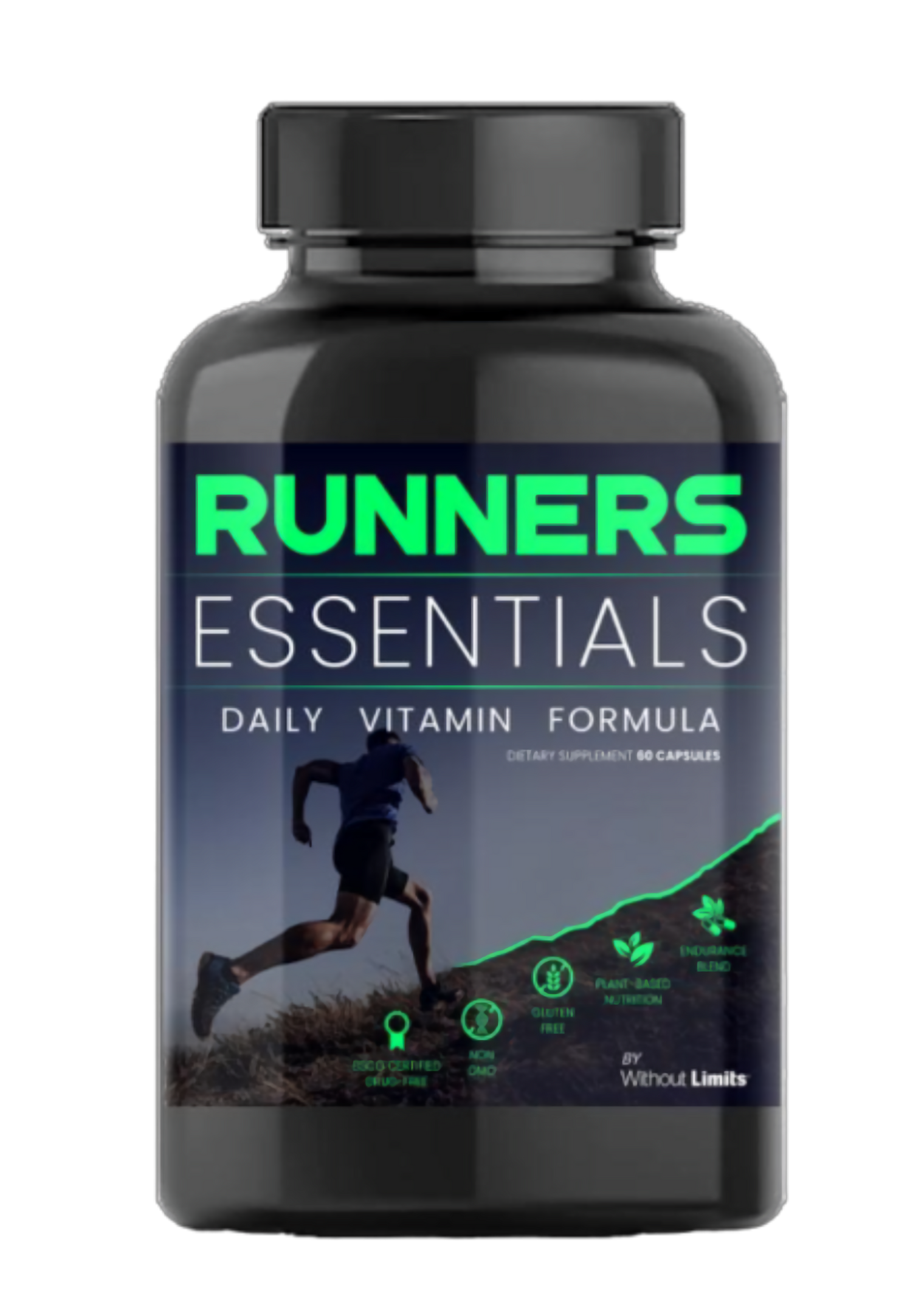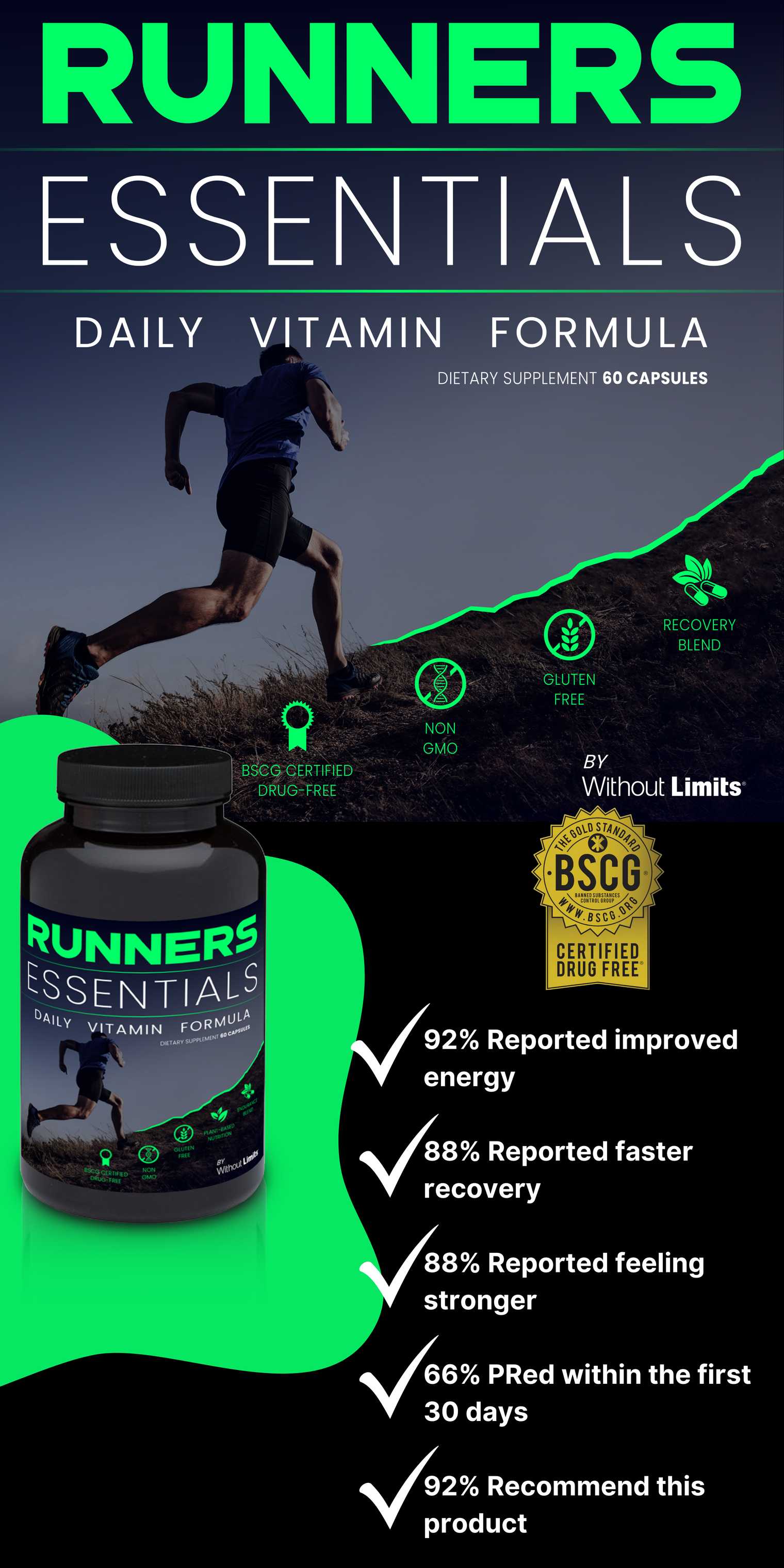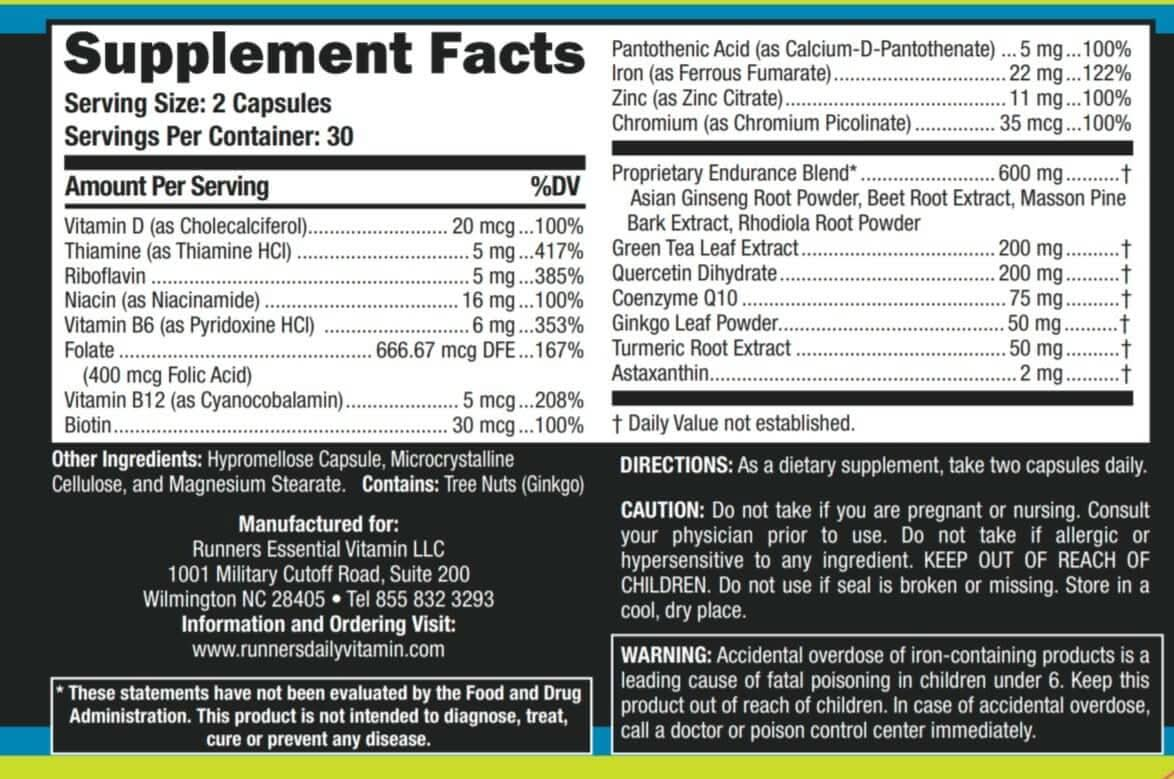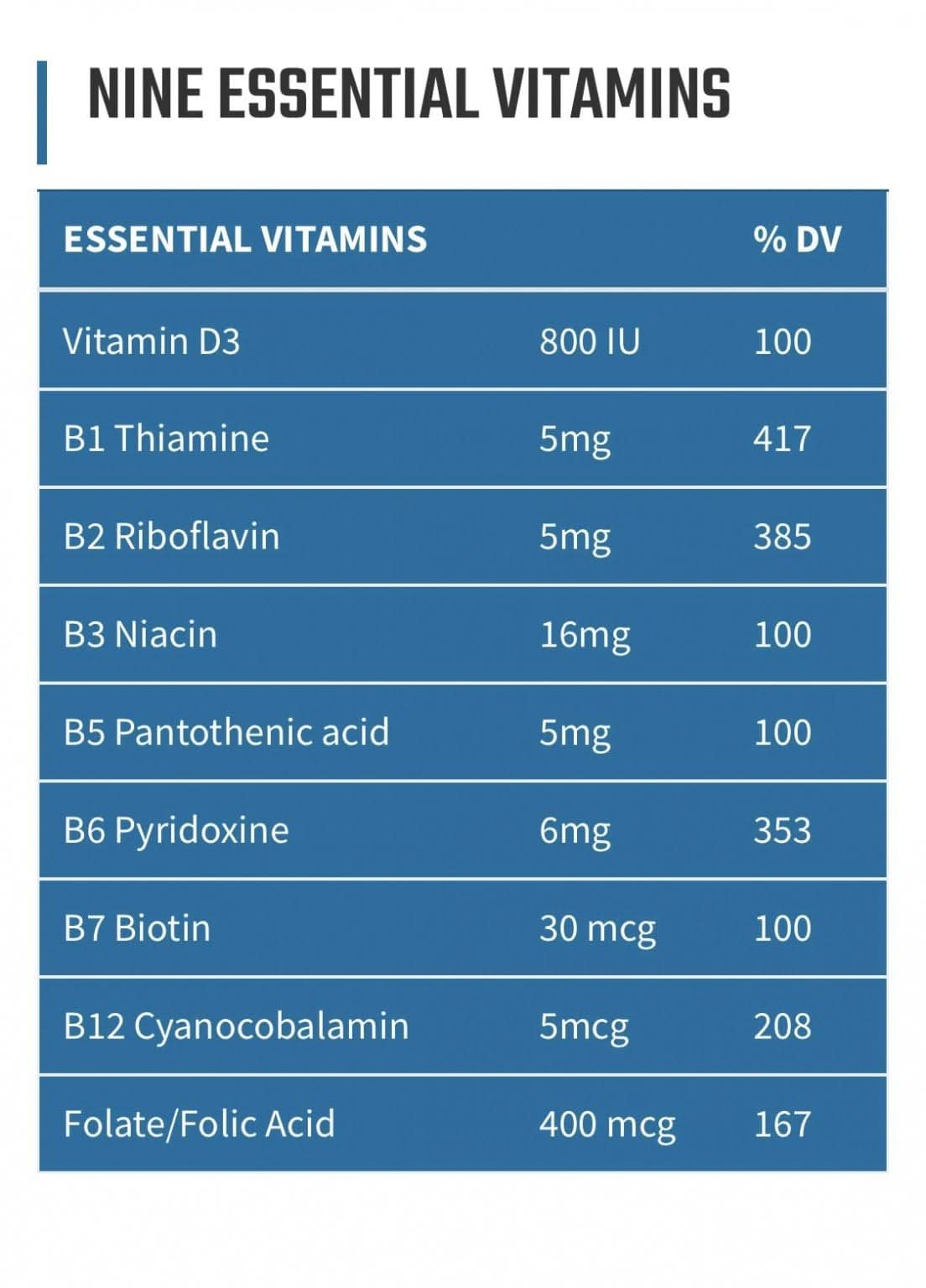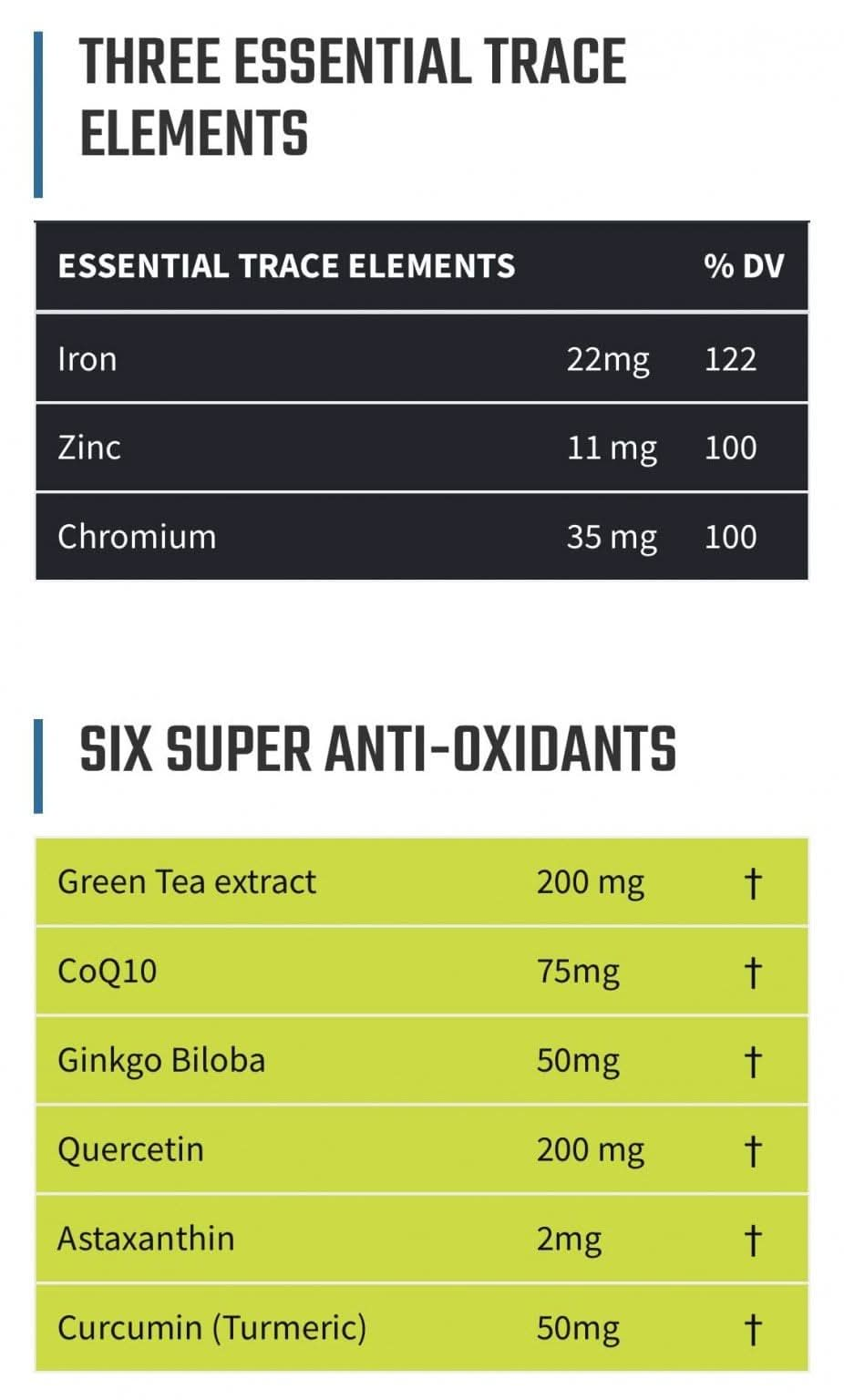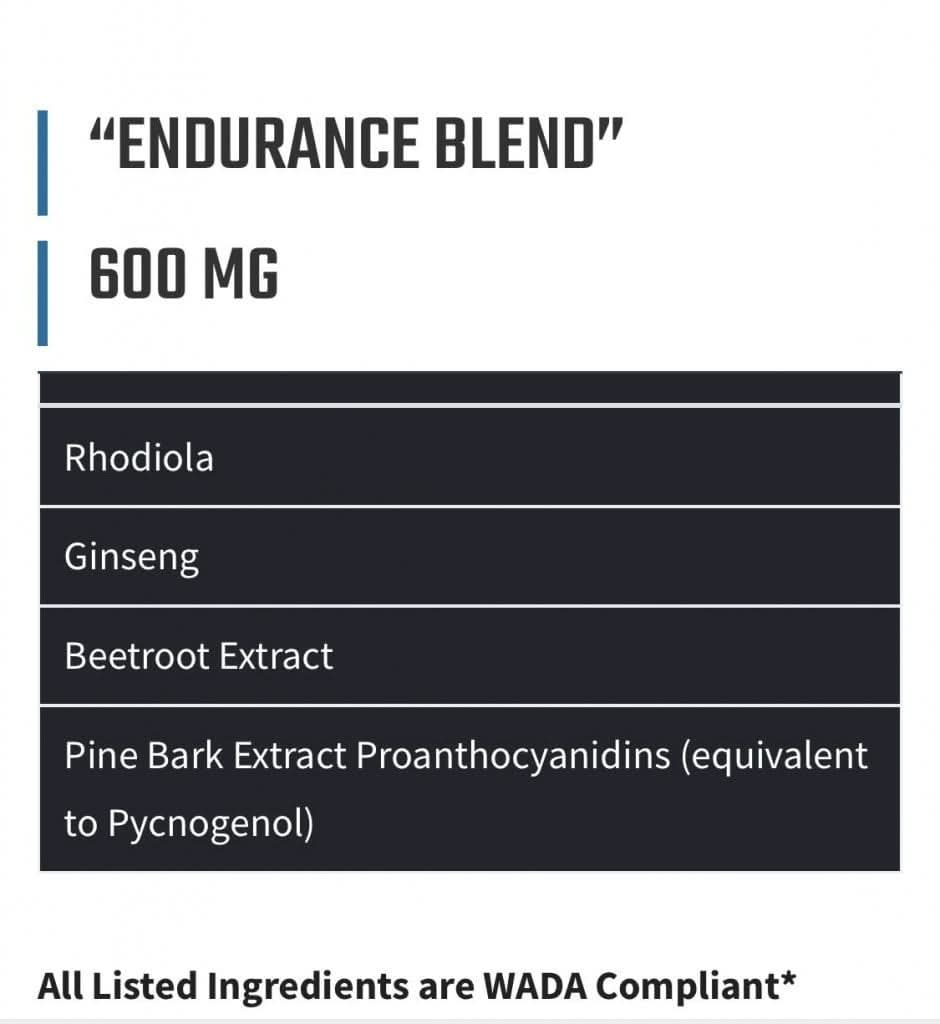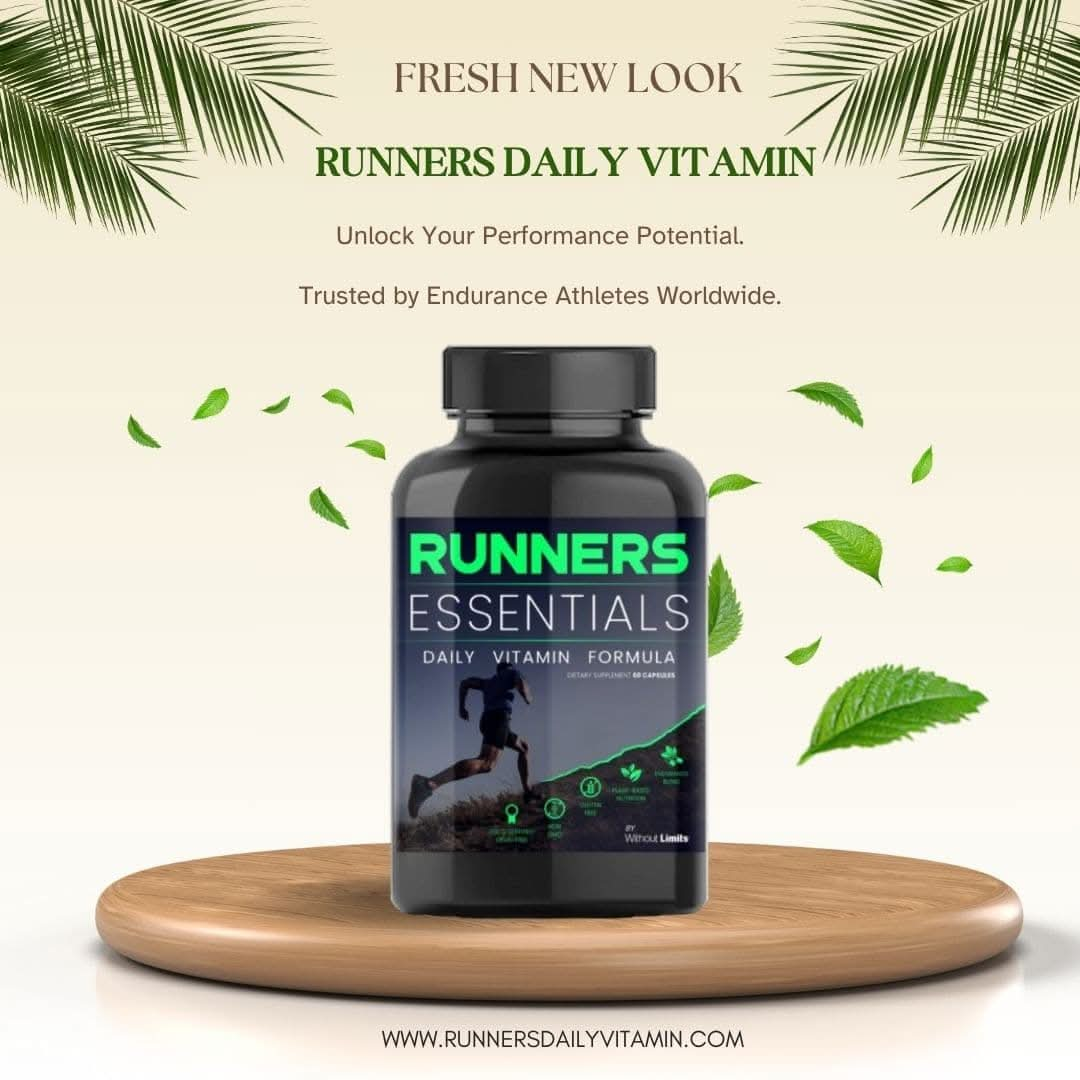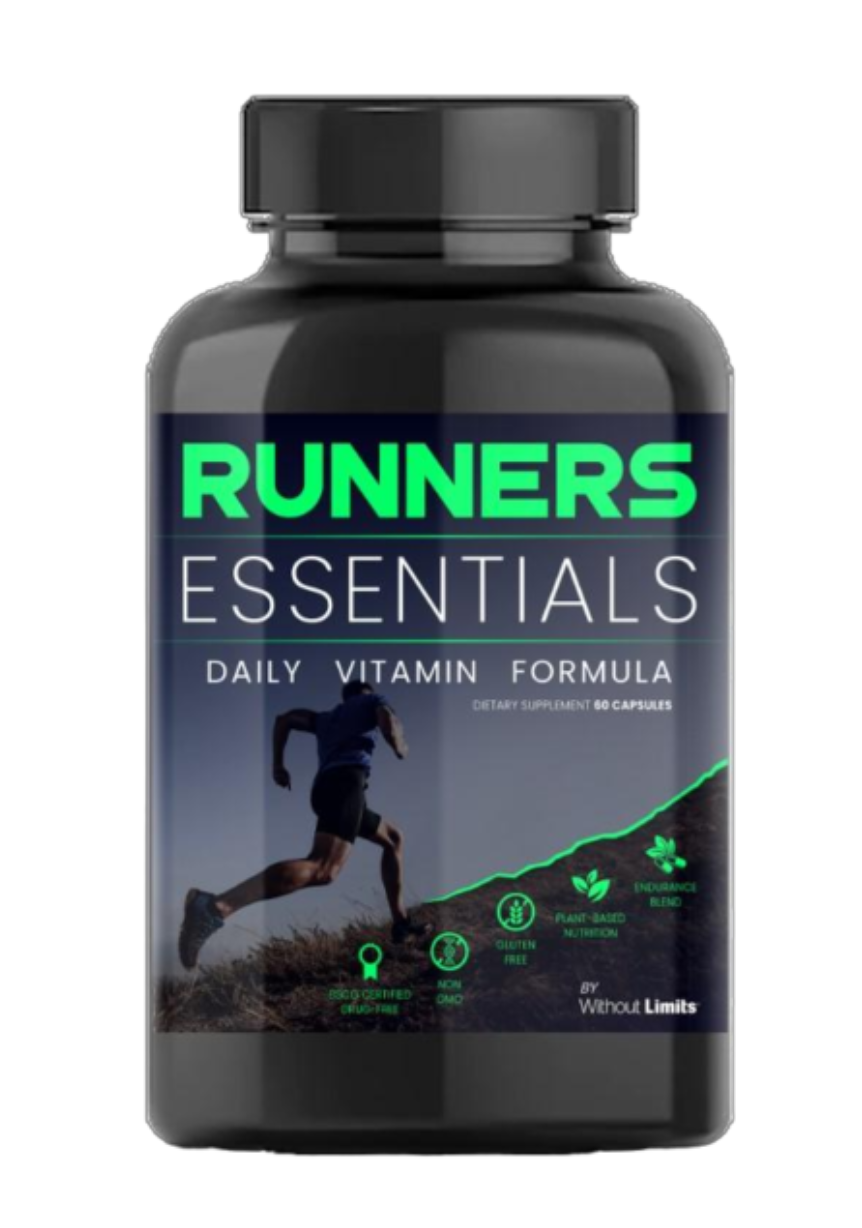Scott W. Tunis MD FACS •
Amino acids are organic compounds containing nitrogen, carbon, hydrogen, and oxygen which are the basic building blocks of all of the proteins in the human body. We consume animal and plant proteins, break those proteins down into their amino acid building blocks, and then re-assemble them into skeletal muscle, enzymes, and every other protein in our bodies.
We require 20 different amino acids, 11 of which we can synthesize and 9 of which we cannot and are essential for us to consume in our diets. Three of the essential amino acids, leucine, isoleucine, and valine, have a “branched chain” molecular structure, hence the name. They are also frequently abbreviated as BCAAs.
The effects of BCAA (Branched Chain Amino Acids) supplementation on endurance athletes have been studied extensively. And the studies show that BCAAs are clearly the elite athletes of the amino acid world. Here are some of the findings:
-
Athletes supplementing with BCCA experienced a lesser degree of pain and muscle damage, had less perceived exertion and mental fatigue, had a greater anabolic response in the recovery period, and showed an improved immune response.
“Effects of Branched Amino Acids in Endurance Sports: A Review”
-
The use of BCAAs was superior to passive recovery or rest after various forms of exhaustive and damaging exercise.
“Branched-chain Amino Acid Supplementation and Exercise-Induced Muscle Damage in Exercise Recovery: A Meta-Analysis of Randomized Clinical Trials”
-
Supplementation with BCAAs is efficacious on outcomes of exercise-induced muscle damage.
“Is Branched-Chain Amino Acids Supplementation an Efficient Nutritional Strategy to Alleviate Skeletal Muscle Damage? A Systematic Review”
What’s the moral of the story here? Sure, we need high quality protein to repair and recover. And yes, we need protein that contains all 9 essential amino acids. But the real moral of the story is that supplementation with BCAAs can confer additional benefits in the recovery from endurance exercise.
Coming soon: “Are All Recovery Shakes Created Equally? Tart Cherry for Recovery… CHERRIFIC!”
RELATED:
- Are All Recovery Shakes Created Equally? Part One: Which Protein? Flora or Fauna
- Are All Recovery Shakes Created Equally? Part Two: Carbohydrates - One Lump of Sugar or Two?
Set It and Forget It! Up to 35% OFF Single Bottle Price with a Subscription + Free Shipping.
A fusion of science, athletics, and nutrition that maintains an unwavering commitment to quality, content, and purpose. Our daily proprietary formula blends essential vitamins, potent antioxidants, and energy-boosting adaptogens.
Physician, Elite Athlete and Nutritionist formulated and grounded in real science.
- Manufactured in the USA in a GMP and NSF Certified Facility
- Non-GMO, Gluten Free, BSCG Certified Drug Free
- 22 All-Natural Ingredients with 12 Essential Vitamins and Minerals
- 6 Super Antioxidants and 4 Phytonutrients
- Physician, Elite Athlete and Nutritionist Formulated
